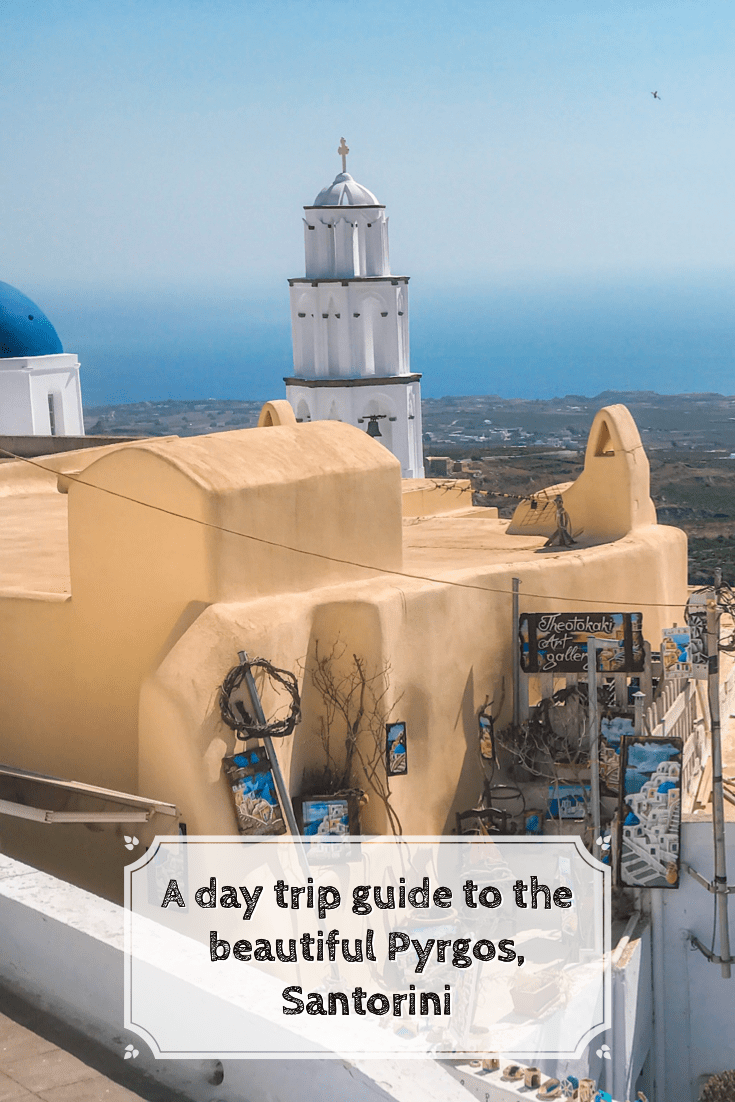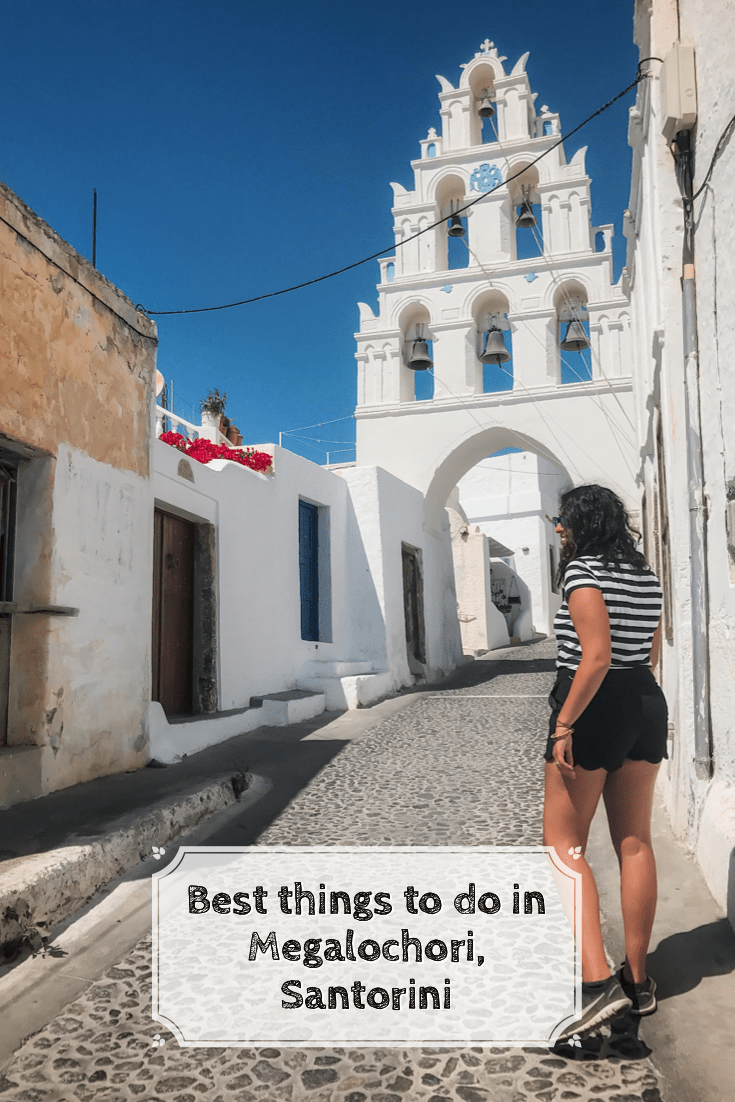“Greece has got something like 1,400 islands. There is so much of Greece you can’t know even if you’re Greek. It’s sprinkled out all around the edge of the Aegean, all over the place. It’s already a secret place wherever you go, even if it’s somewhere huge like Athens or Corinth. The place enchanted me.”
– Joanna Lumley
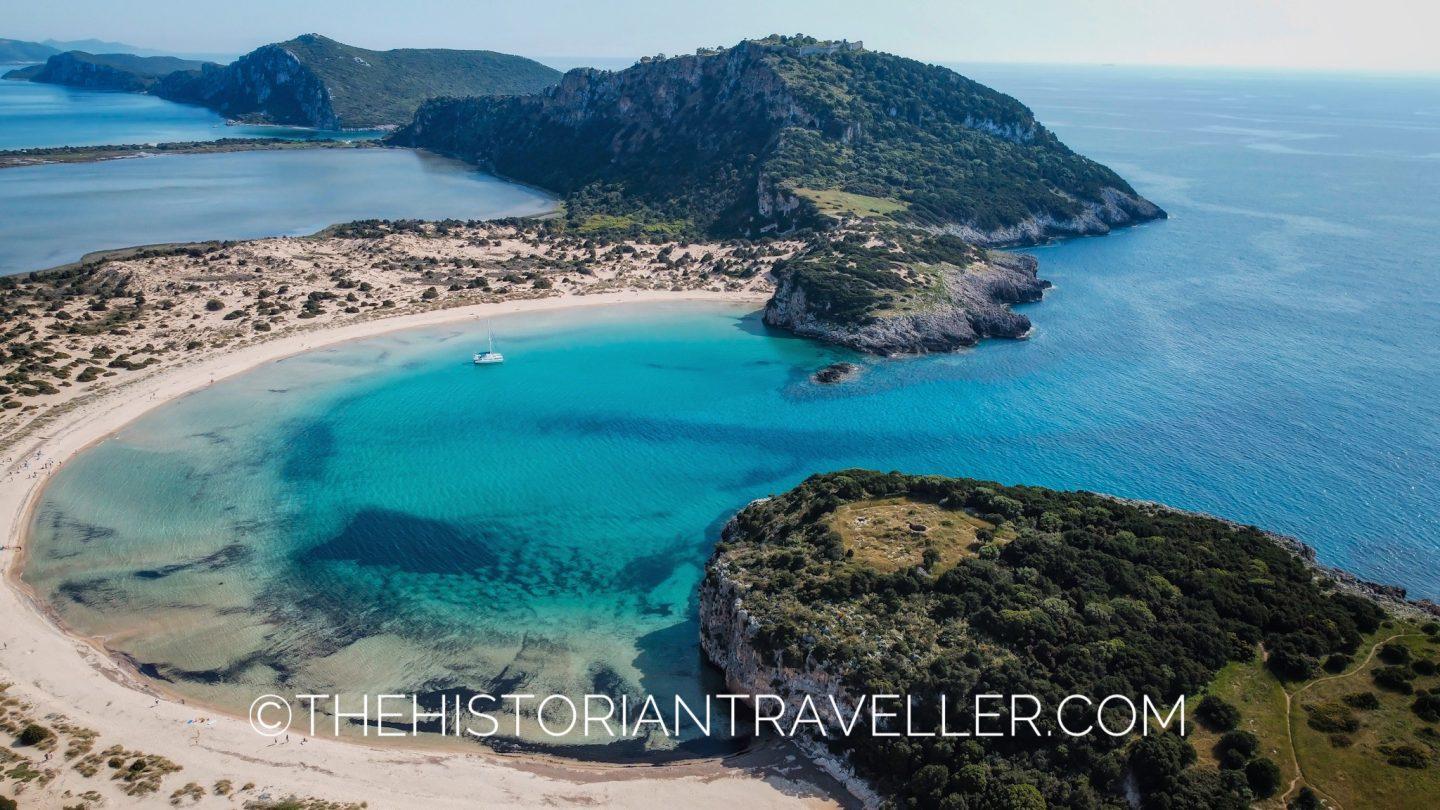
I haven’t explored enough Greece to say it’s one of my favourite places in Europe. However, for the few places I have been around the country, it’s definitely my most prominent candidate. Maybe it’s for my 20% Greek DNA or because it screams history in every corner you can look, but I deeply love Greece! My long-term plan is to explore more of this beautiful nation, although for the moment I’ve been just in the Peloponnese region and Santorini. Therefore, you will find here the following Greece travel guides.
Exploring Greece
While most tourists focus just on its famous islands like Santorini or Mykonos. Mainland Greece still provide hidden gems that are still out of the tourist radar. Moreover, Greece has something over 6000 islands and 14 different regions, which make exploring the entire country a little complex. I honestly feel I can check off a country from my list when I visited enough ground of it to get a grip of its culture and history. Unfortunately, I still don’t have this feeling with Greece as I need to explore more of it to satisfy my culture hunger.
Of course, I don’t plan to visit all its 6000 islands but enough places that allow me to be knowledgeable enough of the country in its entirety.
Greece Travel Information
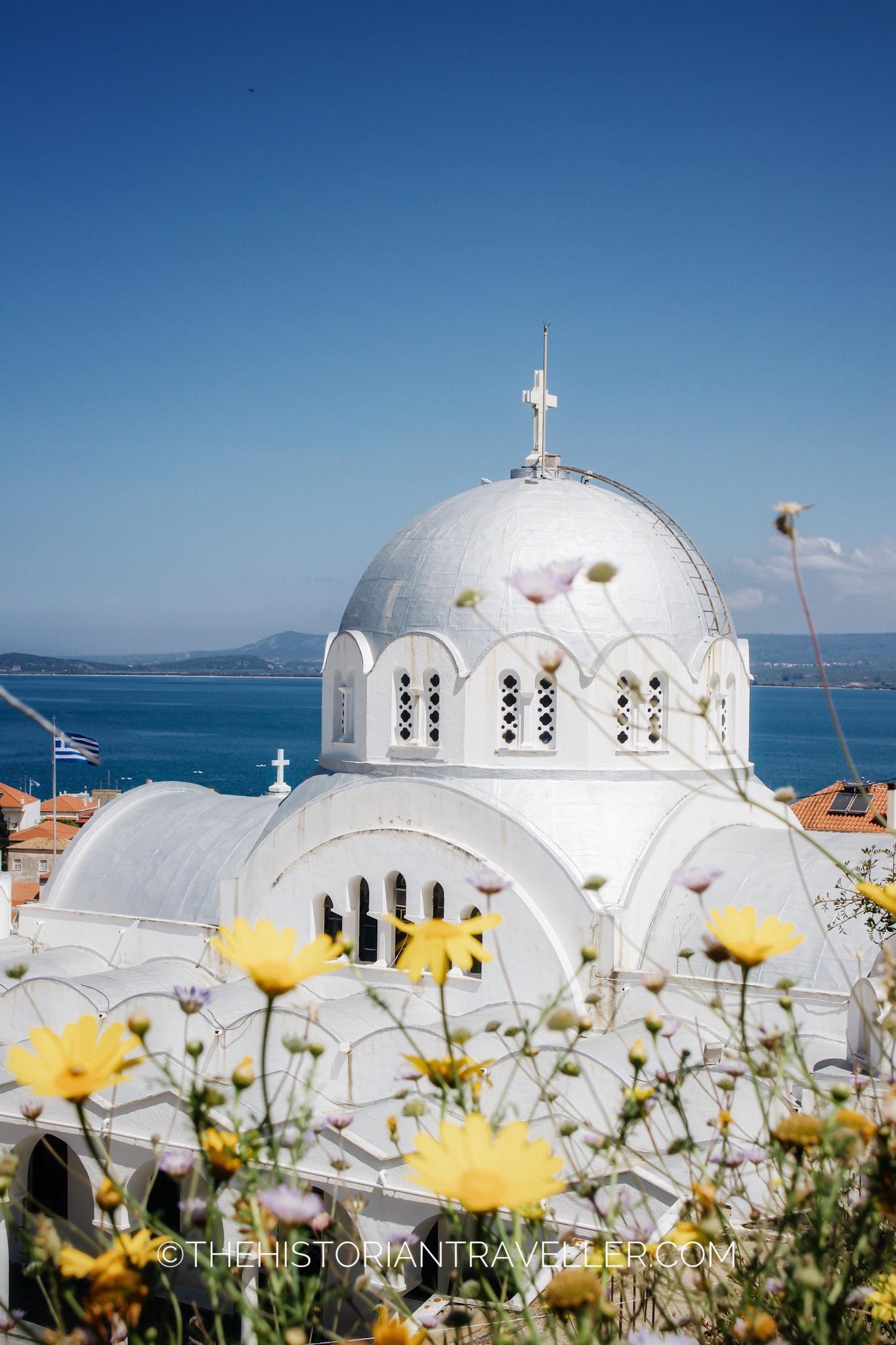
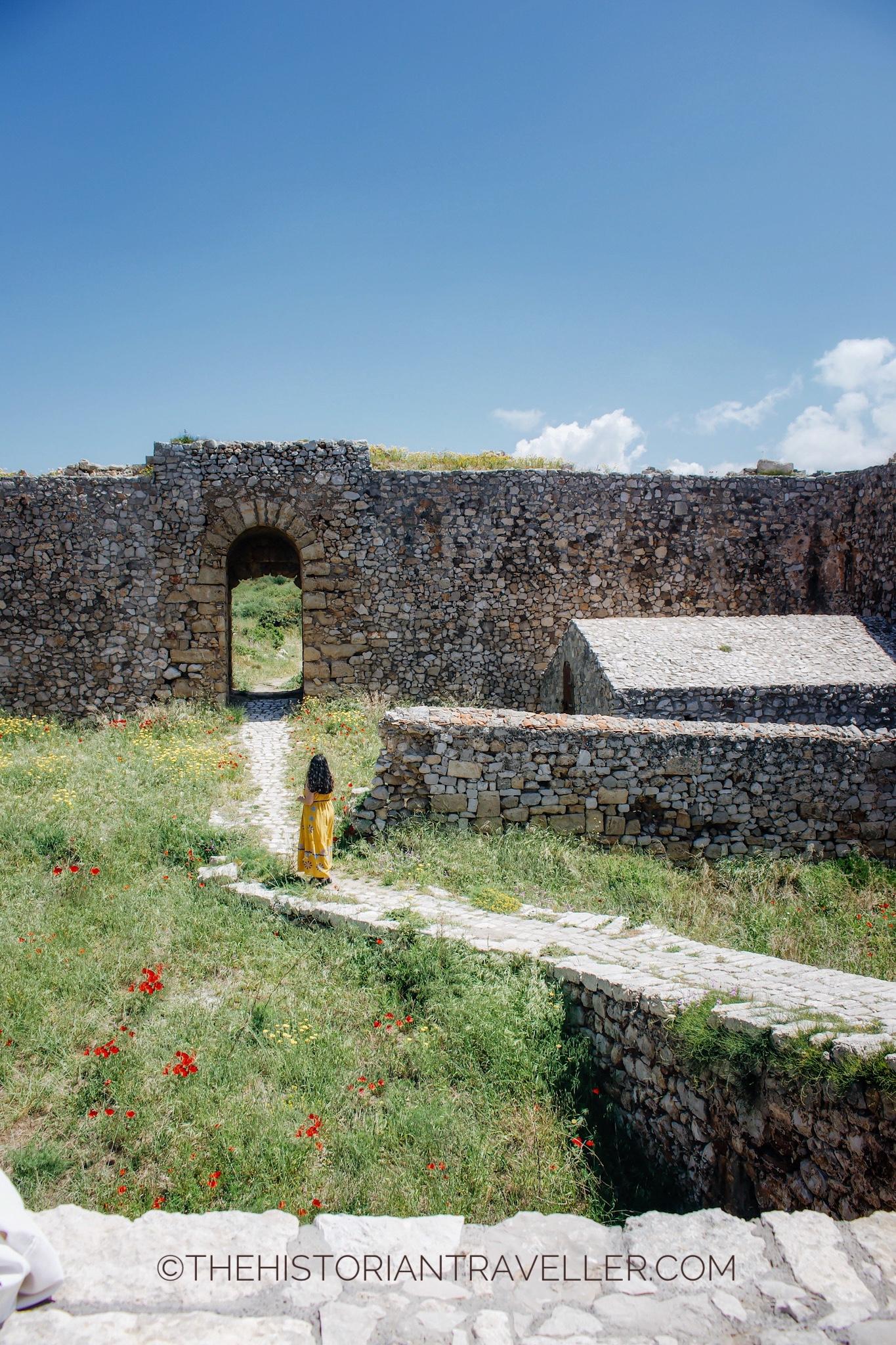
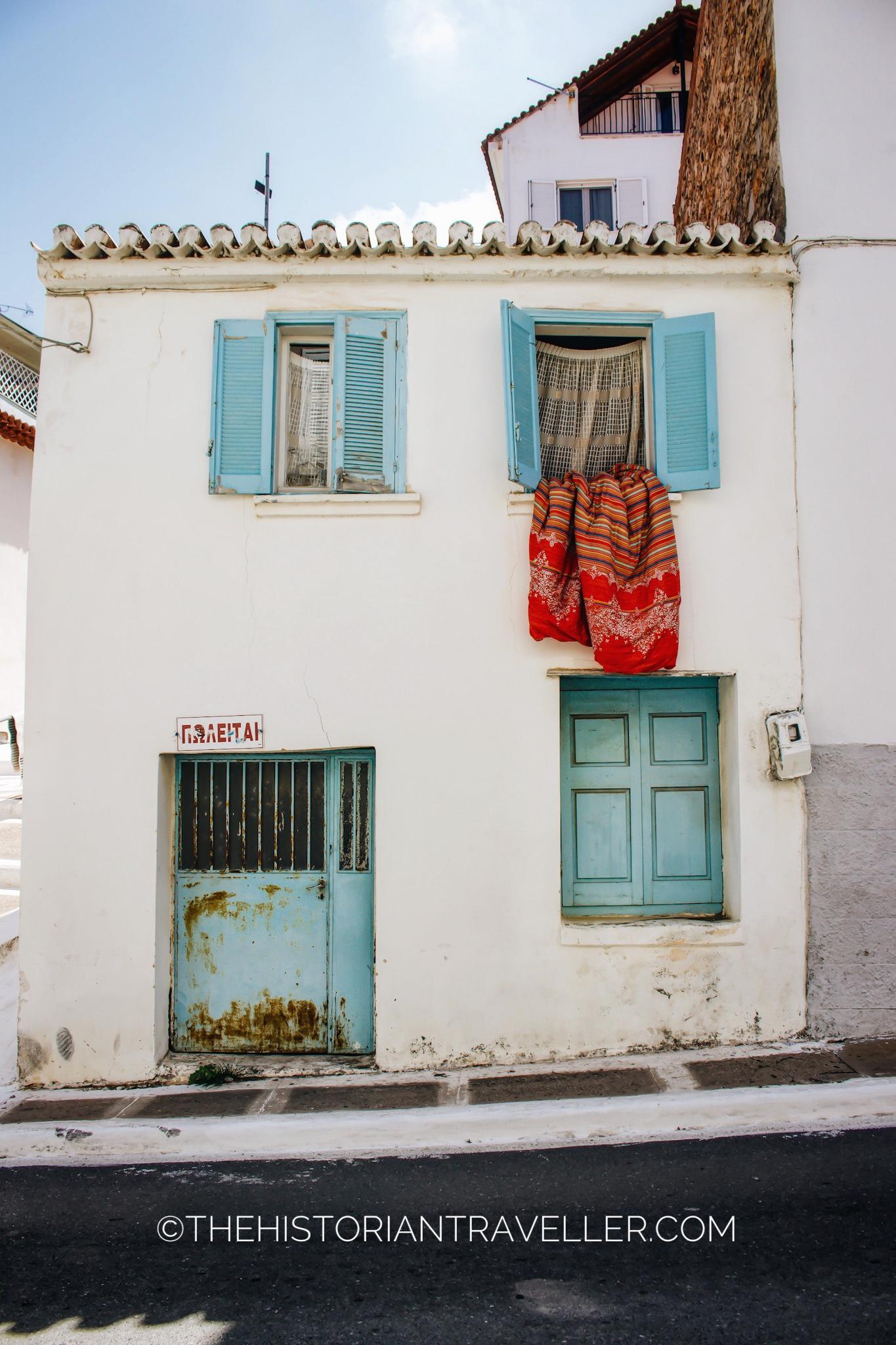
The capital of Greece is Athens. This is located in mainland Greece and it’s also the nation’s largest city. The name of the city comes from the goddess of wisdom Athena.
Greece main language is Greek. This is spoken by 99% of the population with some regional dialect variation.
Greek currency is Euro. You can obtain Euro from any currency exchange office or ATM around the country. It’s always better to have some currency before arriving in the country, in case you need to buy anything or take a bus from the airport. In fact, despite many places are accepting now contactless payments, cash is still king for small transactions. Particularly in smaller island and in remotes area in Greece’s mainland. In the Peloponnese coastal areas cash is widely used.
Greece has a standard type F socket. However type C and type E plugs can also be used thanks to their compatibility with type F sockets. If you are traveling from the United Kingdom, or any other nation outside Europe, it’s worth to invest into an universal adapter. So that you don’t need to buy one for every destination I visit.
Booking your hotel in advance is essential to stay at your preferred accommodation. Indeed, particularly during summer, and in the most popular islands, accommodation might be limited. I always get the best rates on Booking.com and I booked here all my stays in Greece.
Safety in Greece
Greece is a relatively safe country to get around. Nevertheless, this also depend which part of Greece you are travelling. Islands tend to be much safer than mainland Greece where small thefts and pickpockets are reported frequently. Just for an extra-layer of safety, I always recommend to place your passport and cash in a Invisible Money Belt. My best suggestion is to keep on your wallet only small pieces of cash and hide the rest in the money belt. Indeed, this is very discrete and will ensure you can go around safely and without gaining unwanted attention.
Where is Greece?
Greece is located in southwestern Europe. It occupies the southern part of the Balkan Peninsula. Greece is bordered by Albania, Bulgaria, Turkey, Republic of Macedonia, and it shares maritime borders with Cyprus, Egypt, Italy, and Libya.
Where I have been in Greece
Greece Travel Guides
I decided to divide these Greece travel guides per location to make easier finding exactly what you are searching for.
Peloponnese

Santorini

